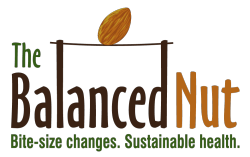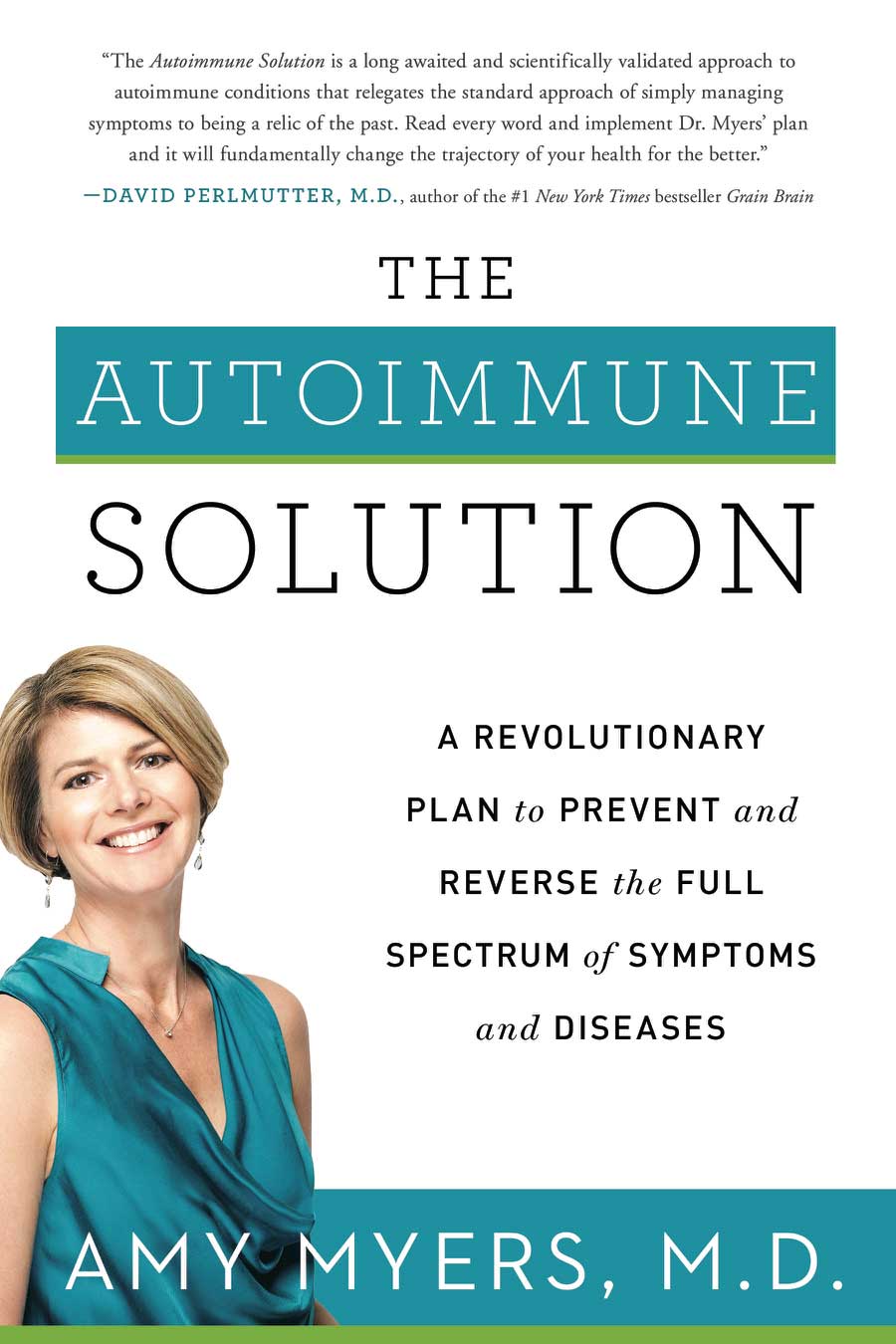Healing
Why We Sleep, by Matthew Walker PhD
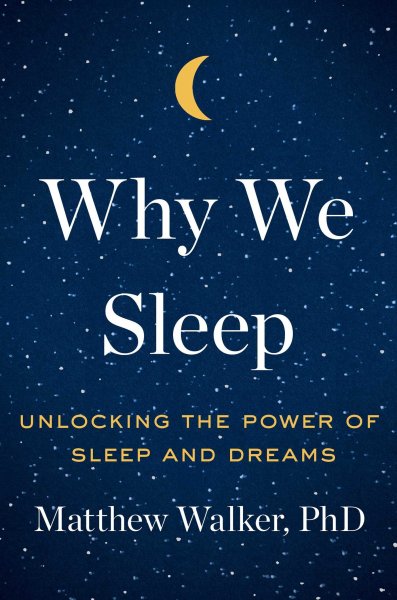
In his book, Why We Sleep, Matthew Walker had me ridiculously fascinated from the first chapter. He opens with a discussion about caffeine, jet lag, and melatonin, and explains in detail how your body builds sleepiness throughout the day via a chemical called adenosine, then off-loads it at night while you sleep. He discusses the well-known topics of REM sleep (dream sleep) and NREM sleep (deep sleep), but then goes deeper into how each of these unique kinds of sleeps moulds and rewires our brains each night, moving newly acquired knowledge from the short term storage area of the hippocampus to the long term storage area of the cortex, making room for more learning. He talks about the evolution of sleep in different mammals (and why dolphins and birds can sleep with one half of their brains at a time). He discusses REM sleep and its relationship to psychosis, as well as creativity, and finally brings to light new research in the area of sleeping pills and how they undermine the brain-healing processes of sleep (spoiler--the news is not good). This is another one of those books that sounds like a snoozer (pun intended), but will have you up late at night reading (or listening to the audiobook--which I did). Then feeling guilty about it. To buy it on Amazon, click here.
Books are a huge part of my life. Whether it's a cookbook with vibrant photography that inspires me to try a new recipe, or a book about nutrition, science, spirituality, or even fiction—my feeling is that if a book gives me one new thought or idea that sticks, my perspective, and therefore my life, changes. As I sit here typing, I’m surrounded by more than 25 bookshelves stacked to the brim, and on this page I’ve listed some of the works I’ve found most impactful. Check out the selection and see if any of them hook you. Then be sure to let me know about any of your favorite books (and why) at Randi@thebalancednut.com. For ease I've added links to Amazon (just click on a title), but all these titles should be available from your independent bookseller.
Accidentally Overweight, by Libby Weaver, PhD
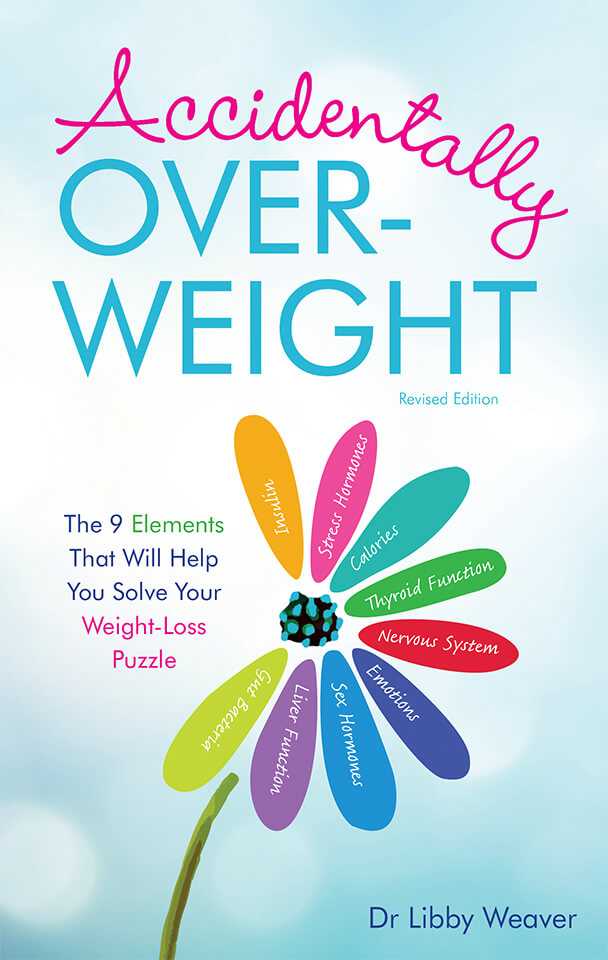 I will start off by saying that this is a very technical book. The author, Libby Weaver, holds a PhD in biochemistry and is an expert in nutritional biochemistry—how your body obtains and uses nutrients from food. In Accidentally Overweight, Libby Weaver explains 9 different reasons your body may be holding on to weight—only one of which is too many calories—and dives into the chemical processes behind each reason, so you can understand how it might be working against you. Whereas we used to think that the weight loss was purely a mathematical algorithm—burn off more calories than you ingest and the pounds will shed—now we know there’s more to it than that. Things like insulin resistance, stress, microbiome (gut bacteria), thyroid, sleep, and liver load are just some of the obstacles that inhibit effective weight management. If you’ve tried everything to lose weight and nothing you do seems to work, this might be a helpful, albeit technical, resource. A valuable part of this book is that at the end of each chapter, Weaver supplies a complete list of symptoms you’d experience with each problem, as well as a list of lifestyle interventions you can employ to reverse it.
I will start off by saying that this is a very technical book. The author, Libby Weaver, holds a PhD in biochemistry and is an expert in nutritional biochemistry—how your body obtains and uses nutrients from food. In Accidentally Overweight, Libby Weaver explains 9 different reasons your body may be holding on to weight—only one of which is too many calories—and dives into the chemical processes behind each reason, so you can understand how it might be working against you. Whereas we used to think that the weight loss was purely a mathematical algorithm—burn off more calories than you ingest and the pounds will shed—now we know there’s more to it than that. Things like insulin resistance, stress, microbiome (gut bacteria), thyroid, sleep, and liver load are just some of the obstacles that inhibit effective weight management. If you’ve tried everything to lose weight and nothing you do seems to work, this might be a helpful, albeit technical, resource. A valuable part of this book is that at the end of each chapter, Weaver supplies a complete list of symptoms you’d experience with each problem, as well as a list of lifestyle interventions you can employ to reverse it.
Mind Over Medicine, by Lissa Rankin, MD
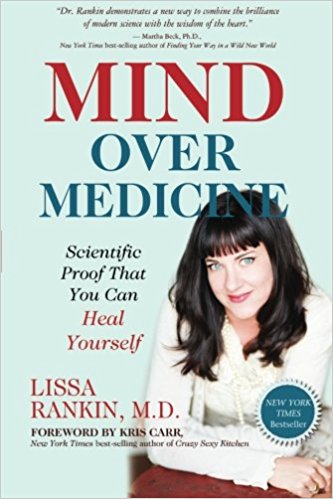 Lissa Rankin, a successful OB/GYN, left her mainstream practice after becoming frustrated when her patients weren’t healing, and after she personally became reliant on too many medications to sustain her own health. Realizing there was more at work than mere randomness in what doctors call “spontaneous remissions,” Rankin devoted herself to writing this book. She filled it with scientific evidence to support the premise that the placebo effect might be a formidable, underused modality that harnesses the power of the mind to heal the body. Rankin argues that state of mind, emotion, circumstance, and belief play critical roles in our biological health, and that adding that dimension to mainstream modalities can drastically improve our medical success. I recommend this book to those who may be skeptical about the mind-body connection, as well as those who want evidence that the possibility for healing oneself might be more accessible than we know.
Lissa Rankin, a successful OB/GYN, left her mainstream practice after becoming frustrated when her patients weren’t healing, and after she personally became reliant on too many medications to sustain her own health. Realizing there was more at work than mere randomness in what doctors call “spontaneous remissions,” Rankin devoted herself to writing this book. She filled it with scientific evidence to support the premise that the placebo effect might be a formidable, underused modality that harnesses the power of the mind to heal the body. Rankin argues that state of mind, emotion, circumstance, and belief play critical roles in our biological health, and that adding that dimension to mainstream modalities can drastically improve our medical success. I recommend this book to those who may be skeptical about the mind-body connection, as well as those who want evidence that the possibility for healing oneself might be more accessible than we know.
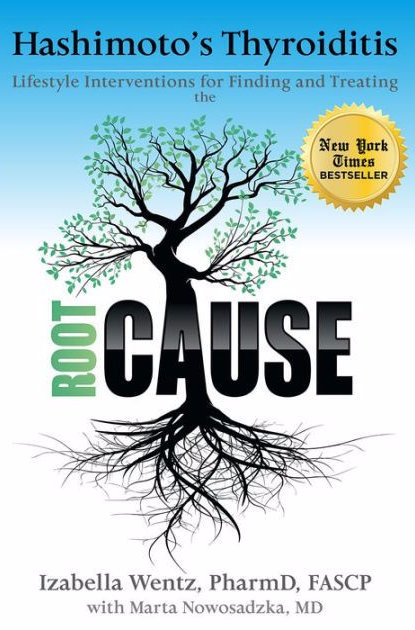 Hashimoto's Thyroiditis, The Root Cause, by Isabella Wentz, PharmD, FASCP
Hashimoto's Thyroiditis, The Root Cause, by Isabella Wentz, PharmD, FASCP
If you’ve recently been diagnosed with Hashimoto’s Thyroiditis, or are suspicious that you might have a thyroid issue, check out Wentz’s book. It’s a comprehensive deep-dive into all things thyroid, and covers a vast range of clinical information that is exceptionally helpful to know about to speak fluently with your physician and/or endocrinologist. Topics covered include an in-depth explanation of thyroid hormones and function, digestion, iodine, infections, adrenals, intolerances, toxins, diets, and supplements. Once you read this book, you will know more than most of the world population about thyroid function and dysfunction.
The Plant Paradox, by Steven R. Gundry, MD
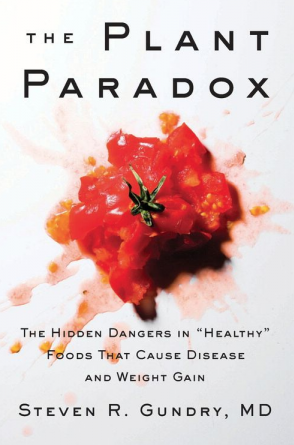 The Plant Paradox, written by a cardiothoracic surgeon, offers a unique perspective on the dangers of high-lectin foods. Gundry dives deep into the origin, purpose, and power of lectins in plants, and provides a low-lectin “yes” list of foods to eat if you want to try out his approach. What I like about this book is its wealth of well-documented, interesting information, as well as the doctor’s compelling clinical success stories. What I don’t enjoy about this book its scare-tactic language. For my full review, click here.
The Plant Paradox, written by a cardiothoracic surgeon, offers a unique perspective on the dangers of high-lectin foods. Gundry dives deep into the origin, purpose, and power of lectins in plants, and provides a low-lectin “yes” list of foods to eat if you want to try out his approach. What I like about this book is its wealth of well-documented, interesting information, as well as the doctor’s compelling clinical success stories. What I don’t enjoy about this book its scare-tactic language. For my full review, click here.
The Autoimmune Solution, by Amy Myers, MD
If I had to choose one book about reversing autoimmunity via diet and lifestyle choices, Amy Myers’ The Autoimmune Solution would be the one. Its easy-to-understand, approachable style, covers all the bases, with brief but thorough descriptions about why each recommendation is being made. For example, Myers discusses not only why grains, gluten, and legumes should be eliminated in an anti-inflammatory protocol, but also goes into brief detail about molecular mimicry (how gluten looks confusingly like thyroid tissue), lectins and agglutinins. The book also includes checklists, supplement suggestions, and her 30-day protocol meal plans and recipes. I highly recommend it to anyone suffering from autoimmune symptoms who wants to practical but understandable guide they can use to begin implementing changes immediately.
The Complete Guide to Fasting, Jason Fung, MD & Jimmy Moore
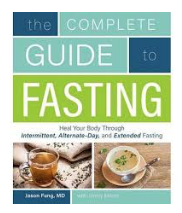
If you’ve been listening in on health circle discussions lately, you’ve probably already heard about intermittent fasting. In this book, Fung and Moore outline all the details of intermittent fasting—the different ways to do it (5:2 protocol, 16:8 protocol, 24-hour fasts, 36-hour fasts, 7-day fasts, etc.) as well as the benefits fasting brings. Some of the benefits include weight loss, improved insulin sensitivity, disease prevention, mental clarity, and more. I recommend this book for anyone curious about the details around IF, and to those who are dealing with Type 2 diabetes, insulin resistance, or obesity.
Loving What Is: Four Questions That Can Change Your Life, by Byron Katie
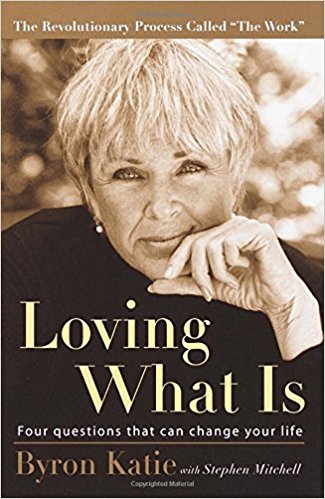
After a decade of depression, rage, and thoughts of suicide, one morning Katie found herself on the floor in a state of elation. Somehow, in the grips of her depression she had an insight, which led to a shift in perspective. Suddenly Katie saw how all that time her suffering had been created by her alone. In this book, Katie introduces what she calls, “The Work,” a system of 4 questions she uses to recreate the process that lifted her out of her mental anguish, and placed onto a path of healing and joy. Though simple, these questions help us examine our beliefs from various angles, thereby freeing ourselves from our own stories—no matter how true they seem. I recommend Loving What Is to anyone in search of a tool for managing anxiety, depression, or anger issues, as well as those who can’t seem to free themselves from a past trauma.
